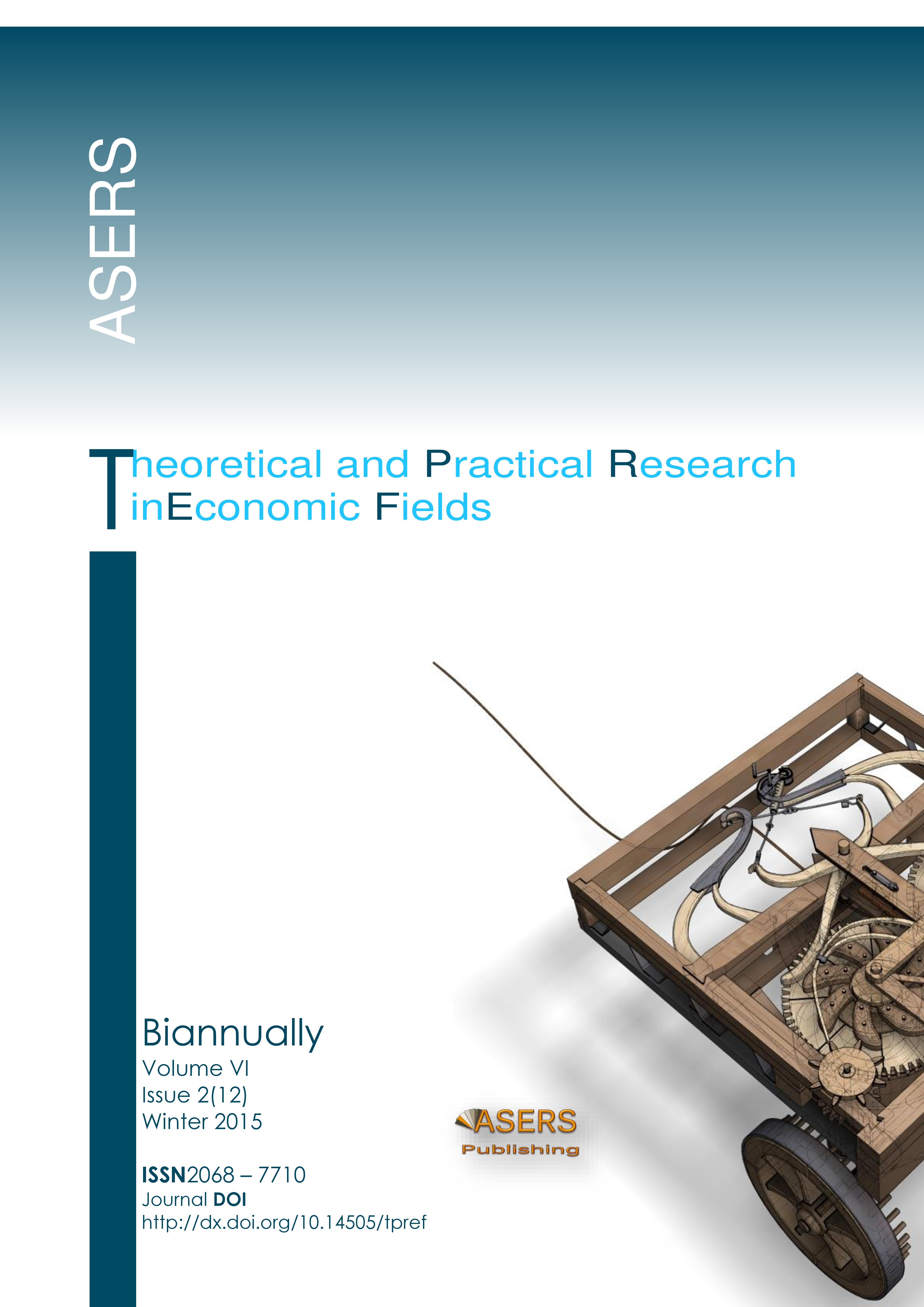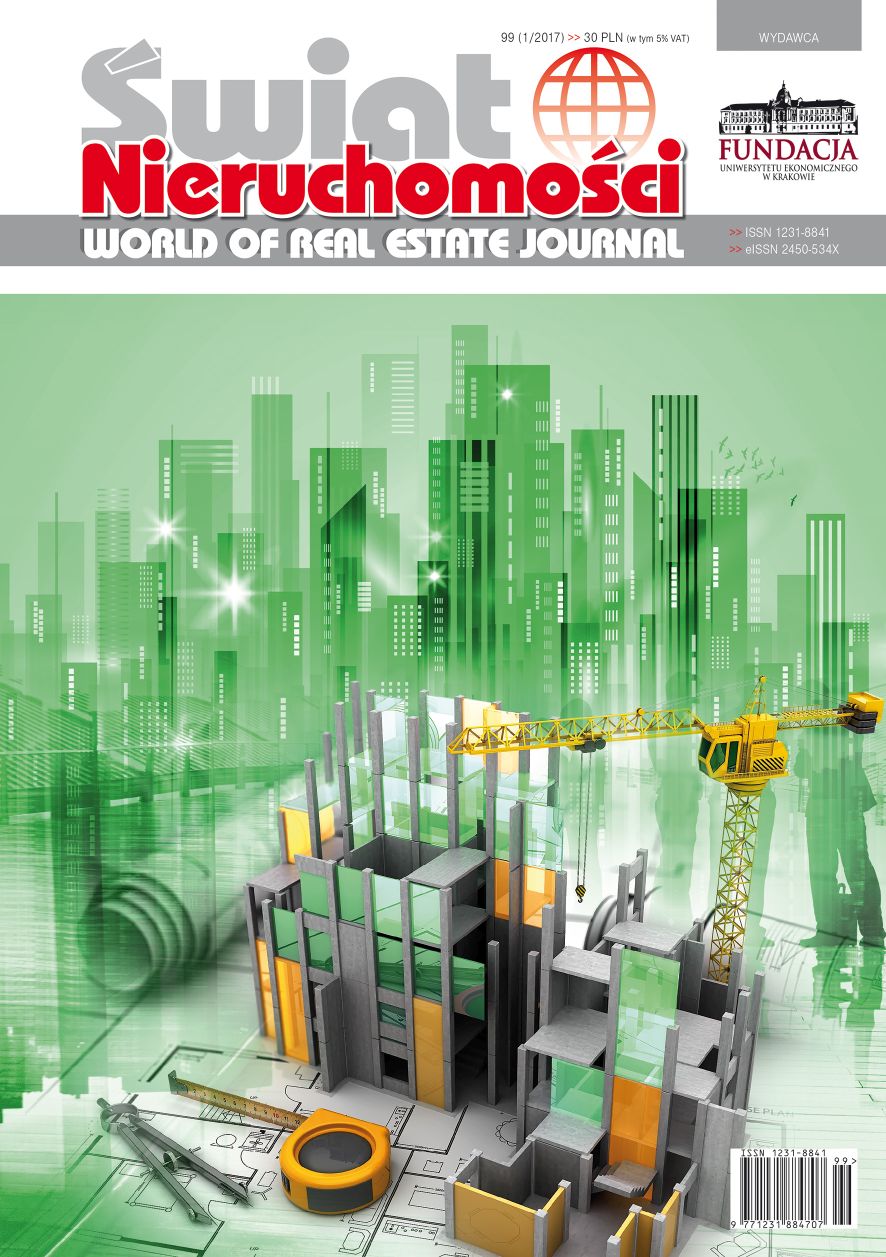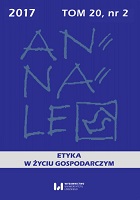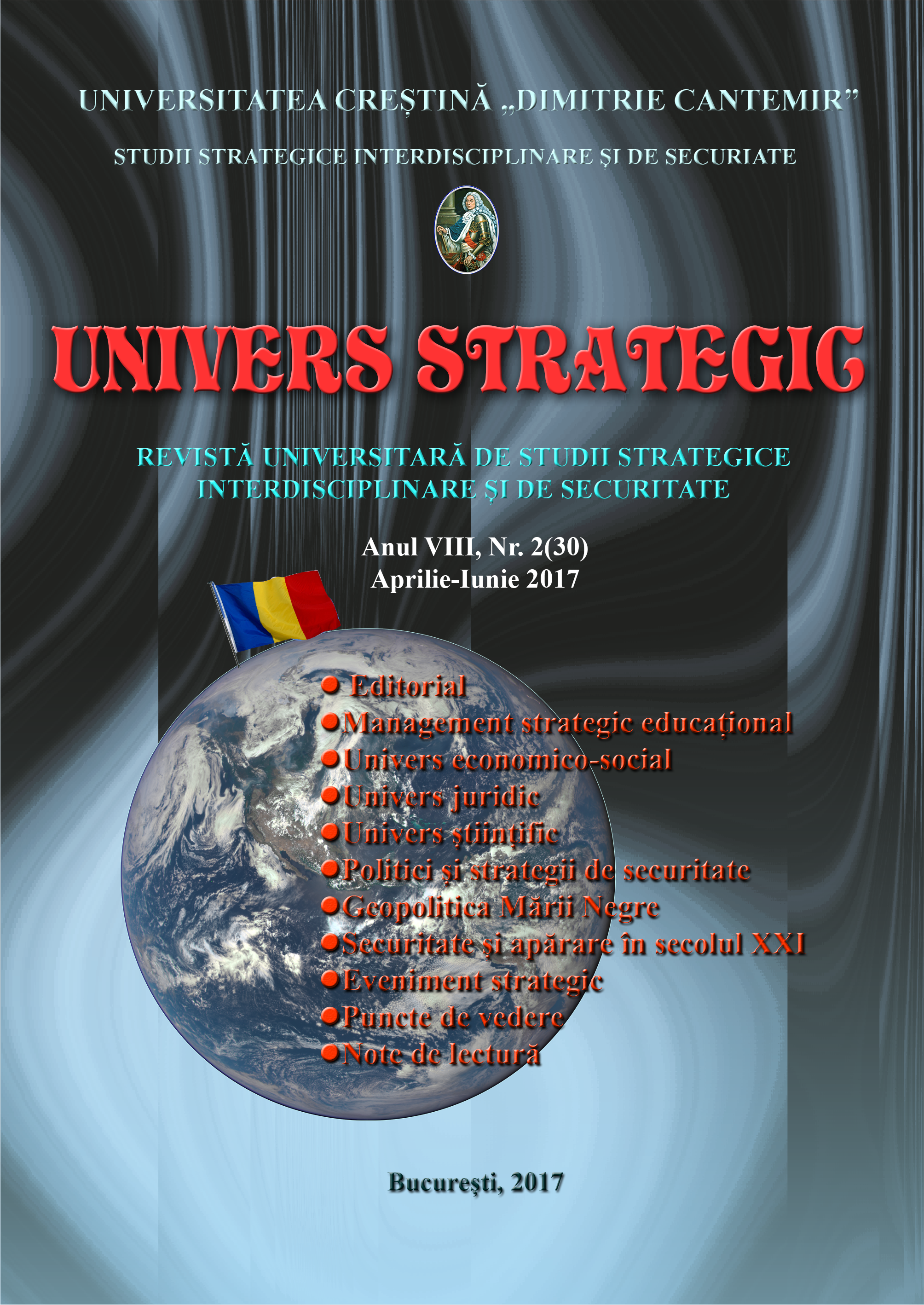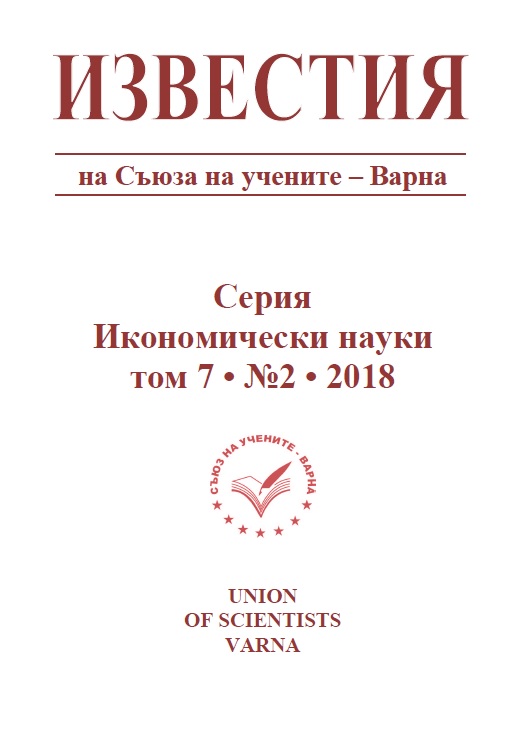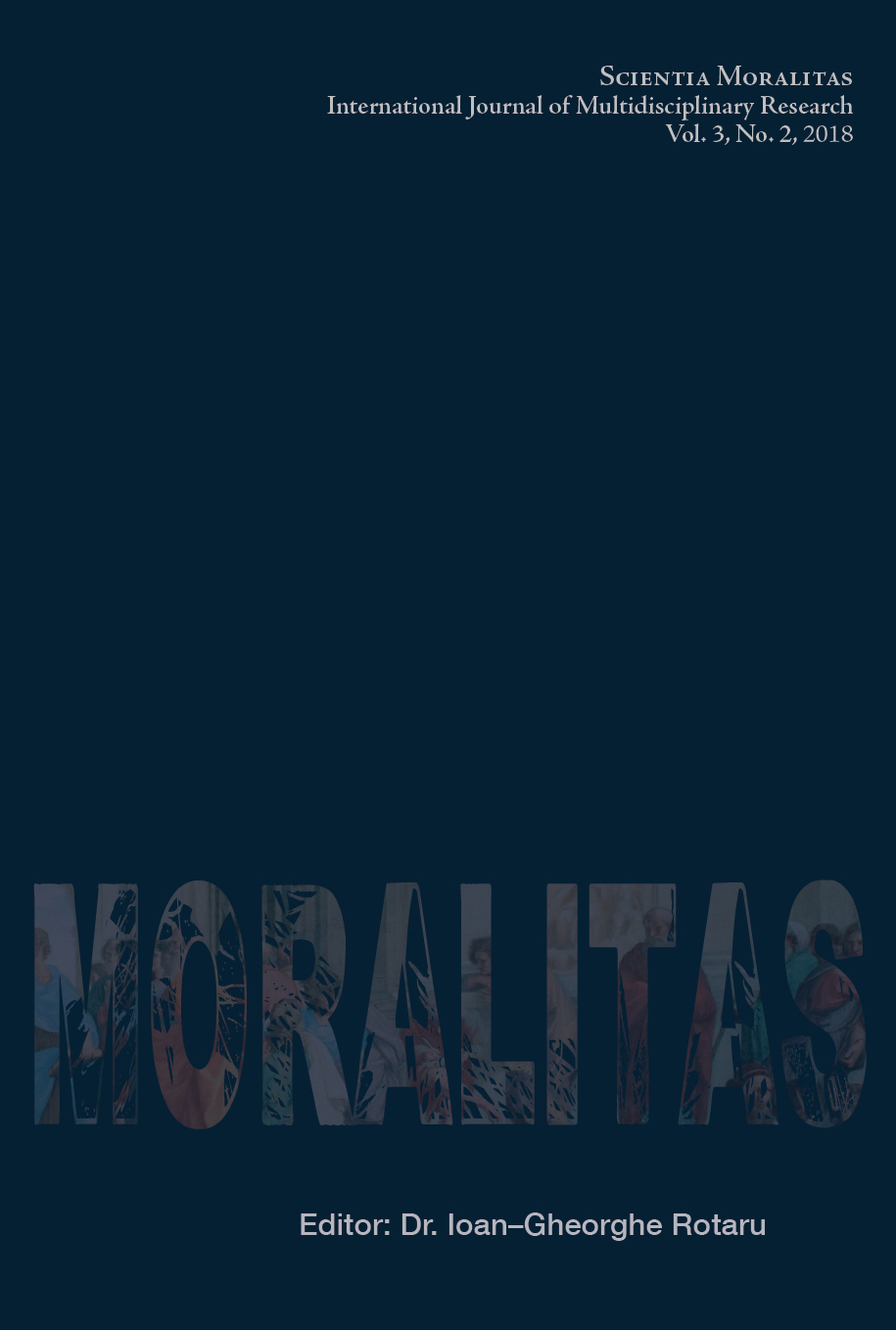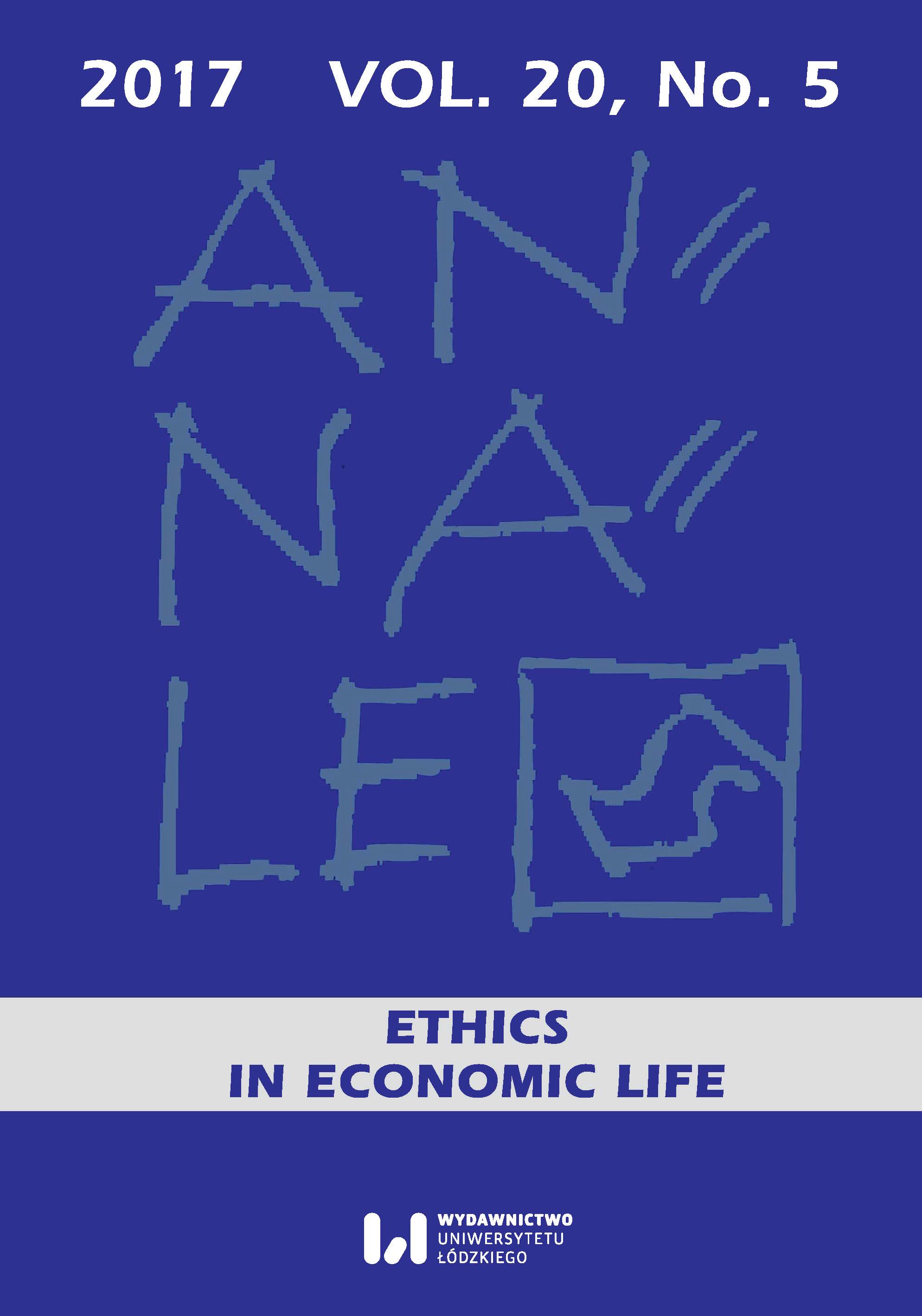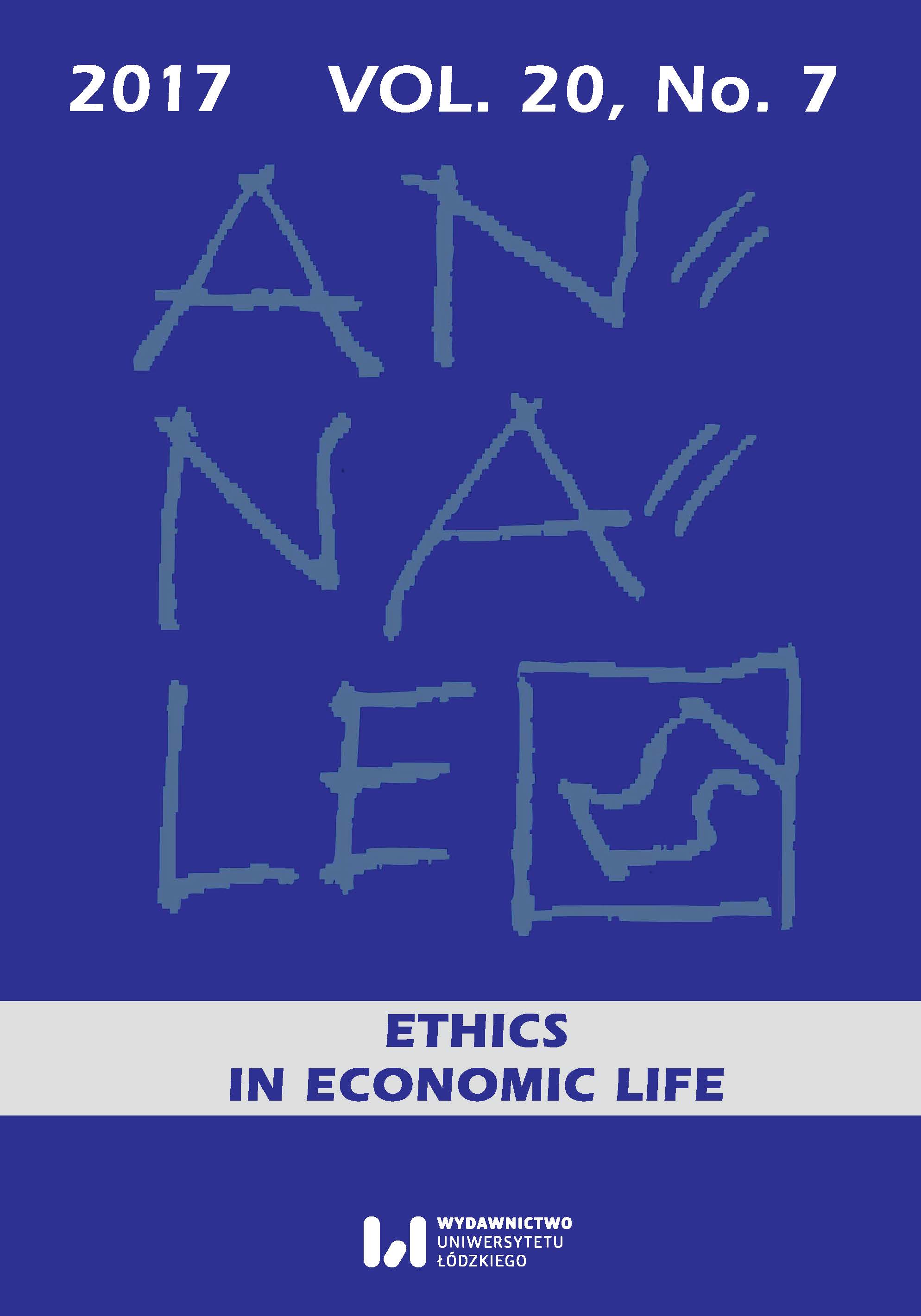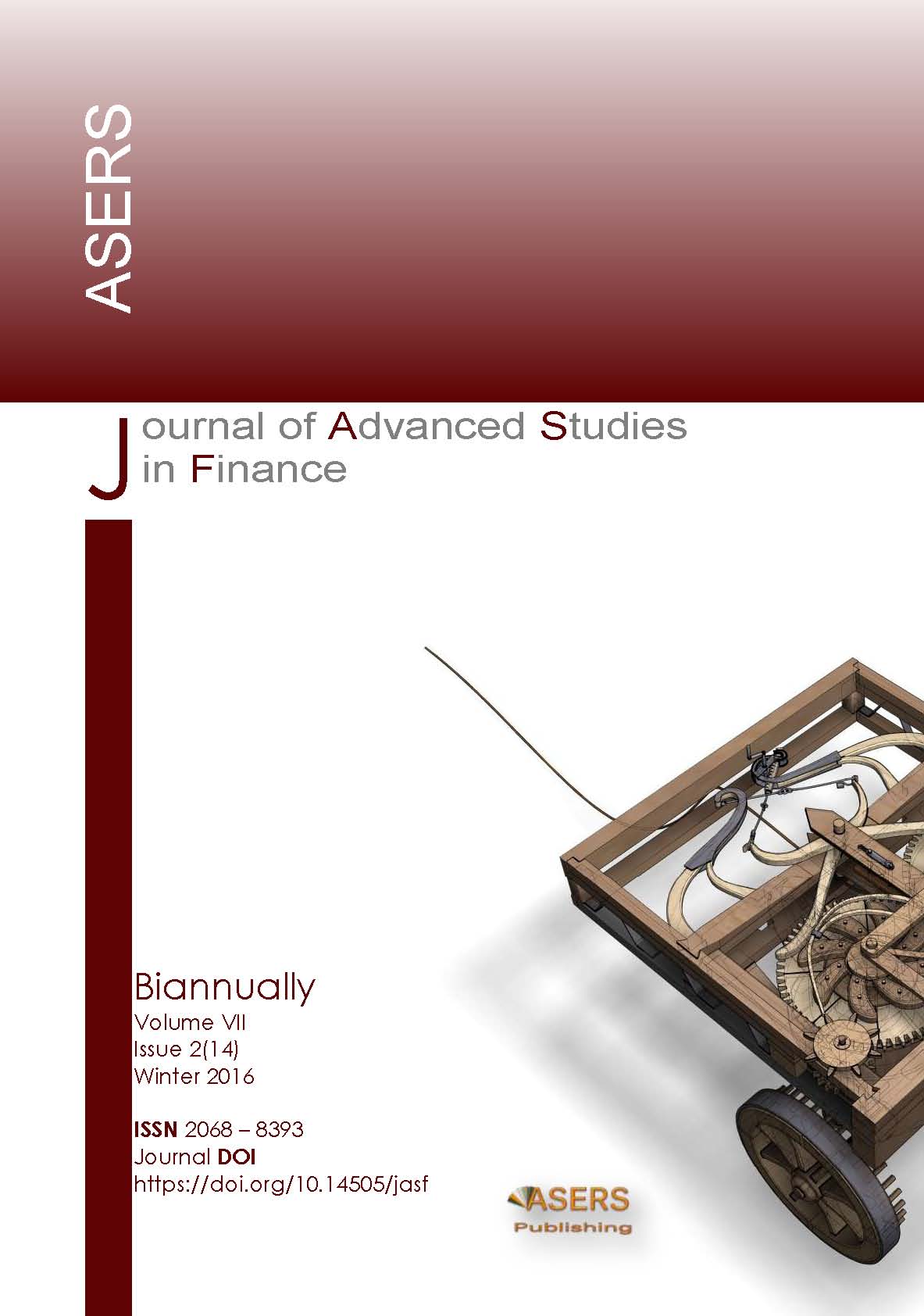
Wavelet Based Analysis of Major Real Estate Markets
Wavelet coherence of time series provide valuable information about dynamic correlation and its impact on timescales. Here, we analyze the wavelet coherence of major real estate markets data. Our paper is the first to link co-movementin terms of wavelet coherence. Here we consider USA, Canada, Japan, China and Developed Europe real estate marketprices as time series. Wavelet coherence results reveal interconnected relationships between these markets and how these relationships vary in the time-frequency space. These relationships allow us to build VARMA models of real estate data which yield forecast results with small errors.
More...
